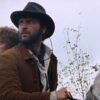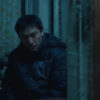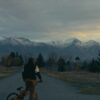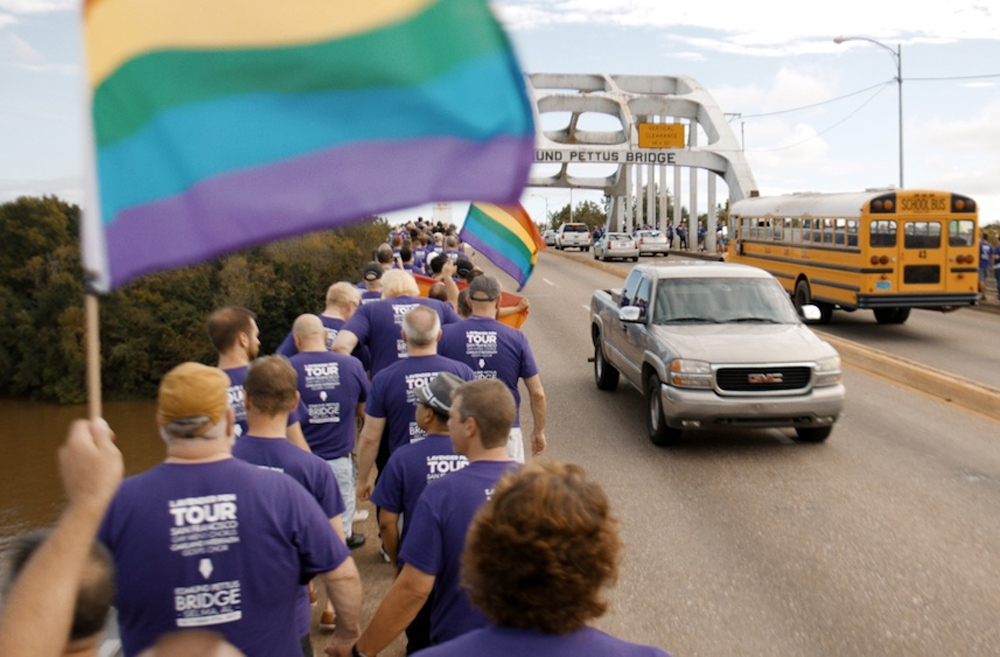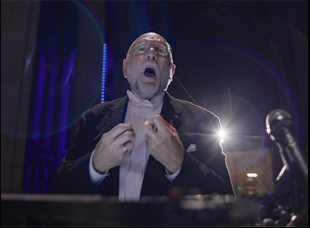After hitching a ride with the San Francisco Gay Men’s Chorus to film them embarking on a whirlwind good will tour of the Southern churches, David Charles Rodrigues’ first stop when the cameras stopped rolling as to check into a Buddhist retreat.
“We worked for 20 hours a day for eight days straight, traveling between five states and then our producer was kind and smart enough to booked us this Buddhist retreat space in North Carolina,” laughs Rodrigues. “We stayed there for three days and we couldn’t even move. We had all these plans to go on hikes and do all these things, but we never left the house.”
Perhaps Rodrigues could sense more relentless travel in store, knowing what he had in the can, as the resulting film “Gay Chorus Deep South” has become a sensation on the festival circuit since premiering earlier this year at the Tribeca Film Festival, where it picked up the first of many audience awards. Indeed, the film is a massive crowdpleaser, but one born out of a public divide following the 2016 presidential election where deep-seated intolerances were laid bare. The results led the SFGMC, led by conductor Tim Seelig, and the Oakland Interfaith Gospel Choir to join forces to travel southeast to states such as Alabama and Mississippi to perform in churches and listen as much as they’re singing in an attempt to better understand one another.
While the clear juxtaposition of red state and blue state America that first attracted Rodrigues to the story certainly holds intrigue in “Gay Chorus Deep South,” it’s the individual stories that bring nuance to a cultural conversation that is too often mired in generalizations as the film follows Seelig, once groomed to become a leader in the Baptist Church, only to be shunned once he came out, begrudgingly returning to places of worship that took so much from him in his previous life, as well as Jimmy White, a member of the chorus whose visit to the South prompts a possible reconnection with his estranged father, and Ashle Blow, a member who is in the midst of transitioning and going through a personal reckoning. With the tour closing the geographic distance between people who rarely come into contact with one another, both the performers and the audiences surprise each other in recognizing their common humanity.
As the film continues to roll out across the country, Rodrigues spoke about how he was inspired to follow the San Francisco Gay Men’s Chorus on their adventure, witnessing the shifts in attitudes right in front of his eyes and being able to share the tour with audiences after the concerts had to come to an end.
I was really struck by the divisiveness of the country after the elections [during] a conversation with my wife, she told me about this article she read about the [Gay Men’s Chorus of] San Francisco touring in the south. Once I heard that, I’m like, “Oh my God, that’s truly the only moment of hope I identify during that moment.” I lived in San Francisco for many years and was a fan of the chorus, but then when I spent more time with them, I just fell in love with them and that made the film what it is. We just became one big family, making this film together.
Structurally, there’s an obvious narrative arc with the tour having a beginning and end, but did you know what you’d focus on from the start?
Because we had a limited budget and a very small crew, I had to be very focused on what we had to capture. We shot for about 42 days, about eight of those days were on tour, and fortunately, we had two units on the entire tour and one unit filming all the other stuff. But the way it was structured, I sat down and wrote up these [ideas of] dream people that I wanted to be in the film and then I brought it to the chorus and it’s like all these people are real and they’re in the chorus. [laughs] We did this casting session to narrow it down to five members, and then I structured the film around the songs, so I went through their set lists and the lyrics — the songs were really the driving force of the film and the bridge between the gay chorus and the deep south.
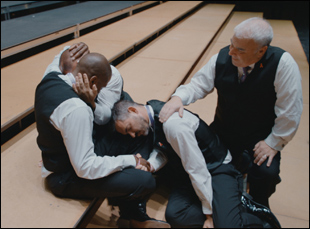
The true joy of making this film with the chorus was how willingly they were able to open up and just be vulnerable and I think it was a combination of factors, but being able to engage with them on that level and just being able to open my own self up in that process was almost like therapy, not just filmmaking. [With Tim] we knew the superficial version of [the story] and we were filming in the south two months before the tour. When we flew Tim out to come see some of the places where they were going to perform, we got him in a church and we got him to open up and I probably only knew five percent of [that story] up until then.
Did that time in the South allow you to talk to Jimmy’s family before he got there?
That interview that’s in the film happened a month before the actual tour and we had two agendas there – one was to film [the family] and then the second was to actually create the connection and help the dad go see them. [Jimmy’s] father had never agreed to be interviewed. Mitzi, the stepmother was the one who agreed and is ultimately the true hero to get him to come. It took a lot. Literally until the day of, we did not know if he was going to come or not. We camped out at his house the whole day. He wasn’t even home, and [then] he didn’t even want to see us, but we let time go by and [Mitzi] said, “These guys are great. You should come meet them.” And then he took us to this farm to have his favorite chicken salad sandwich and we bonded over a lunch and he finally agreed to sit down and talk to us.
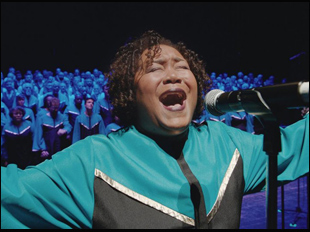
Yeah, the key thing was the sheer positivity of it all. It was greater than anyone was expecting and that really helped us create this theme of judging our own judgment. It’s not just a discrimination of the south, but it’s also our own discrimination coming from our liberal bubbles and just really learning that we have more in common than we have differences. That scene [where Tim visits a right-wing radio station] was a big turning point for the film, and that was truly found in edit by our editor Jeff Gilbert because what was interesting was we left that radio station scene upset that we didn’t get what we wanted. We really wanted tension and conflict and the fight, but I think what ended up happening was way more profound, special and interesting and unexpected and that led us to all those other things.
There’s a lot of love to be given in those areas and the other huge surprise was the positive power of these inclusive churches. They’re becoming more and more common and they’re still the minority, but the power they have in their communities and turning the LGBT community into just part of the community is unprecedented. I believe they have the ability to be the true activists in this cause and in other causes as well. You see in England, there’s a Christian group fighting for climate change and they’re making huge shifts to help create a consciousness there, so I really believe the power of religion can really be shifted towards helping humanity.
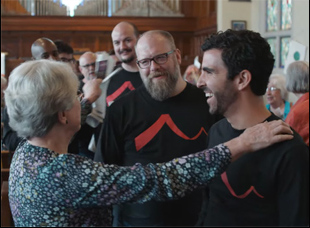
Yeah, we [already] had the San Francisco Chorus and the Oakland Choir and I wanted to create that lavender backdrop for the chorus of the many voices of the South, so before and after every performance, we set that booth up and we interviewed people that wanted to speak with us or that we identified as very emotional during the performance. It was really important to show the sheer humanity of the different kinds of people that were attending this show and the impact it was having on them directly.
What’s it been like hitting the road again?
It’s been a dream. It’s very tiring and it’s a lot of work, but what’s really touched me is seeing how broad the film’s reach is. From Tribeca, we went to Zurich and we got the same love and standing ovation and audience award. My favorite comparison is on one Sunday, we played in Greenville, South Carolina to 2000 Christians and then the following Sunday, we were the closing night at Frameline in San Francisco, which is the biggest gay festival there for 1600 people in the Castro. The experience of those two screenings almost in the same week was so surreal and it was such a gratifying experience, seeing that the same film could connect these completely different audiences. That was the goal. We really wanted to make a film for everyone.
“Gay Chorus Deep South” will air on December 20th at 9 pm PST/EST on Pop, Logo and Pluto TV.

